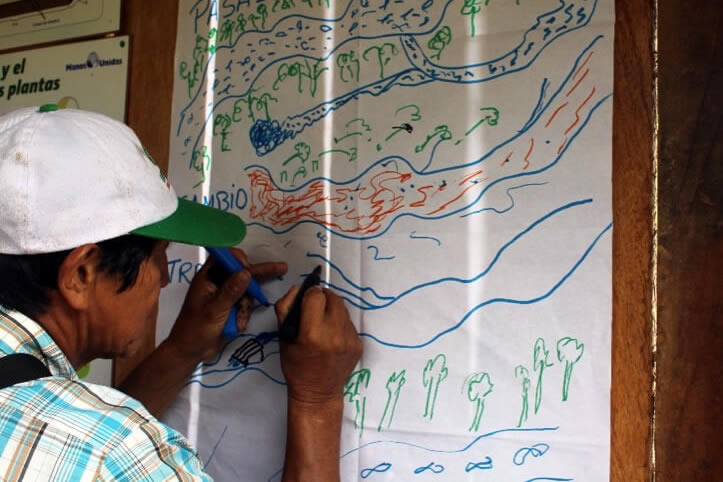
Established in 1996 and headquartered in the Philippines, Tebtebba (Indigenous Peoples’ International Center for Policy Research and Education) works in fourteen different countries. It is a multi-regional and global organization that undertakes research, education and policy advocacy work at local, national, regional, and global levels for the recognition and protection of Indigenous Peoples’ rights. Tebtebba, a word used by the Indigenous Kankana-ey Igorot of Northern Philippines, refers to a process of collectively discussing issues and presenting diverse views with the aim of reaching agreements, common positions, and concerted actions. With this in mind, Tebtebba facilitates the participation of its partners in the processes which lead to the adoption of international human rights law and other international instruments, policies and agreements. These include the UN Declaration on the Rights of Indigenous Peoples (UNDRIP) and the establishment of spaces within the United Nations, such as the UN Permanent Forum on Indigenous Issues, among others. Tebtebba’s partners are now working in 15 countries throughout Africa, Asia, and Central and South America. The organization is an extraordinary global leader in protecting and advocating Indigenous rights within a holistic framework that includes a human rights-based approach, the ecosystem or territorial approach, knowledge-based and intercultural approach and gender sensitivity.
